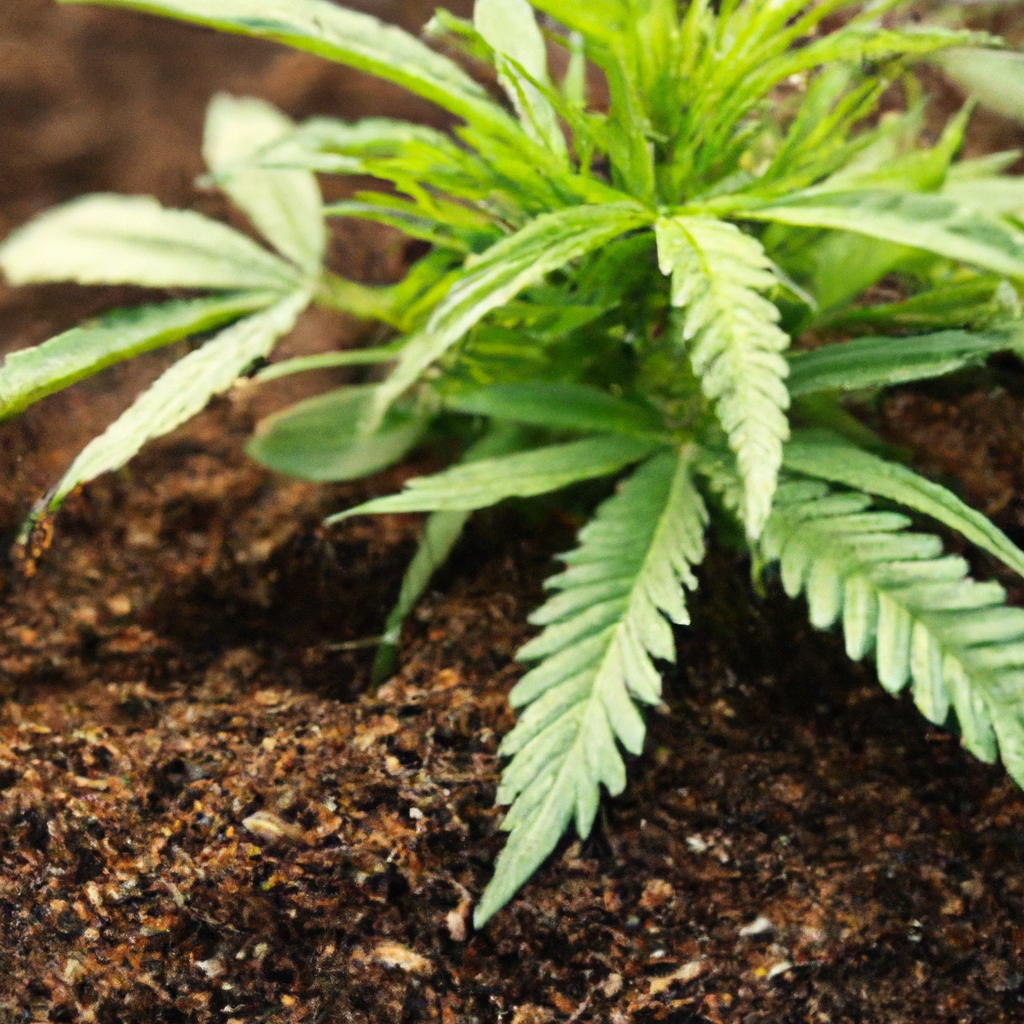Your cart is currently empty!
Organic cannabis cultivation is a holistic approach that focuses on sustainability, environmental impact, and producing high-quality cannabis. By using natural fertilizers, compost, and organic pest control methods, growers can promote healthy plant growth while preserving ecological balance. This guide will explore best practices for achieving a thriving organic cannabis garden.
Building Healthy Soil Ecosystems
The foundation of any successful organic cannabis cultivation is healthy soil. Building a diverse soil ecosystem enhances nutrient availability and supports robust plant growth.
- Composting: Start with a rich compost mix that includes kitchen scraps, grass clippings, and dried leaves. This adds essential nutrients to the soil, encouraging microbial activity.
- Beneficial Microbes: Introduce mycorrhizal fungi and other beneficial microbes into the soil. These microorganisms form symbiotic relationships with plant roots, enhancing nutrient uptake and root growth.
- Crop Rotation: Practice rotating different crops in your garden to prevent nutrient depletion and disrupt pest cycles.
Natural Fertilizers for Optimal Growth
Choosing natural fertilizers instead of synthetic ones improves soil health and reduces ecological harm.
- Organic Compost Tea: Brew a nutrient-rich compost tea to feed your plants. This elixir provides beneficial microbes and nutrients directly to plant roots.
- Bone Meal and Blood Meal: Use bone meal as a phosphorus source and blood meal for nitrogen. Both are slow-release fertilizers that promote steady growth.
- Seaweed Extract: Rich in trace minerals, seaweed extract enhances plant resilience and boosts yield quality.
Sustainable Pest Control Methods
Maintain an eco-friendly garden by using natural pest control techniques that protect plants without harming beneficial insects.
- Companion Planting: Plant marigolds, basil, or lavender around your cannabis plants. These aromatic companions deter pests naturally.
- Neem Oil: Apply neem oil as a foliar spray to control aphids, mites, and other common pests without synthetic chemicals.
- Beneficial Insects: Introduce ladybugs and predatory mites to your garden to maintain pest populations naturally.
The Benefits of Organic Cannabis
Growing cannabis organically not only benefits the environment but also ensures a cleaner product for consumers.
- Environmental Impact: Organic farming practices reduce chemical runoff, preserve soil biodiversity, and promote ecological balance.
- Consumer Health: Without synthetic chemicals, organic cannabis offers a purer product, free from potentially harmful residues.
- Flavor and Aroma: Organic cannabis is renowned for its rich terpene profiles, providing enhanced flavors and aromas.
Conclusion
Embracing organic cannabis cultivation fosters sustainability, preserves the environment, and produces high-quality cannabis. By focusing on natural soil health, using organic fertilizers, and applying sustainable pest control measures, growers can achieve thriving gardens while being stewards of the environment.
By championing organic practices, not only do we honor nature, but we also offer consumers a healthier and more flavorful product.
Discover more from Magic Clones
Subscribe to get the latest posts sent to your email.


Leave a Reply